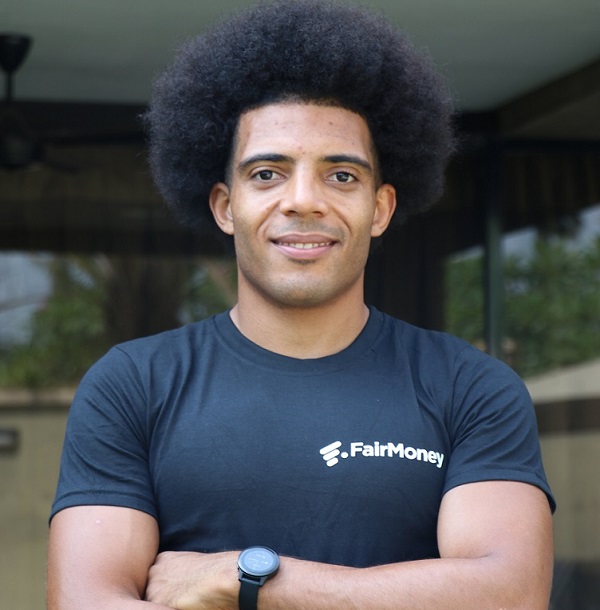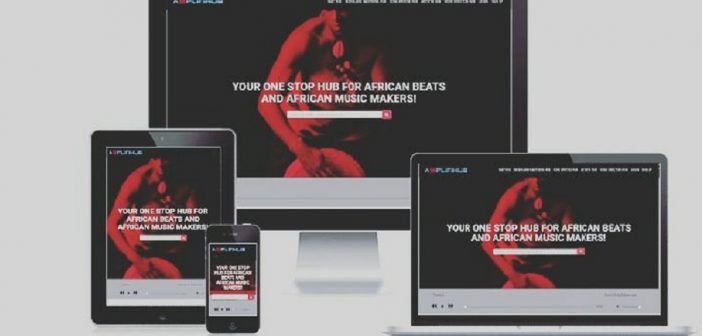Why 30% of SA’s Future Workforce Will Be Independent Contractors

A recent survey by Outsized found that many business leaders are open to this idea of a ‘blended workforce’ to help them become more agile and efficient. They expect that 15-30% of their future staff will be short-term or project-specific hired hands rather than full-time employees.
That backs up research by McKinsey in September 2020 which found that 70% of global executives expect to use more freelancers in the future. A 2020 survey by Forbes found that 49% of hiring managers rate access to highly skilled talent as the main reason for adopting this model.
Another benefit is an influx of fresh thinking from people determined to prove themselves, compared to full-time workers who may have lapsed into secure complacency.
It’s unlikely that any South African company could switch to this blended model instantly, but many are moving in that direction. As they do, the pool of independent contractors will also steadily swell as this trend becomes an unstoppable force.
An Outsized survey of 200 South Africans with university degrees and at least five years of work experience found that 81.5% are interested in turning freelance, with the main attractions being a better work-life balance, the potential to earn more, flexible hours, and the chance to gain wider experience.

For this new model to succeed, managers must adapt their thinking. They will no longer be overseeing close-knit teams around the table, but both permanent workers and those who choose to work from home in the hours that suit them. Some freelancers may work in the office as temporary team members, or come in occasionally, but if the talent you need wants to work from home, or lives in another city, managers must learn new ways to engage with them.
Human resources departments will also need to shift away from traditional recruitment and onboarding methods to handle more flexible or fixed-term arrangements. They will need to learn where to find and how to curate these workers – or liaise with a talent-finding partner that already has those skills and an essential database of knowledge workers.
Making Connections
For individuals contemplating a new life of independence, there are inevitable challenges. One is the risk that they will not find sufficient work to provide a stable income. From our own experience, that is only a valid concern if the person does not yet have sufficient expertise or has not built up a strong professional network. If they have the skills, a platform like Outsized can supply the connections. There are enough opportunities available for those who take the plunge, and more will open as companies realise that the old ways of working have irrevocably changed.
Since working with top companies requires the same commitment as any other job, some contracts may still require a 9-5 routine or a presence on site. But as an independent consultant, you have the freedom to choose who you work with, and what projects you take on.
Freelancers do need more than their core professional skills, however, since working for yourself requires discipline, flexible thinking, and the ability to cope with potential ups and downs. What it offers in return is the choice of which jobs to accept, variety, flexibility in when and how hard to work, the scope to broaden their experience, and the chance to learn new skills to increase hire-ability.
There is also a strong potential to earn more money. We regularly see ex-employees of large corporations earning more because they don’t have to cover the overheads that a company has. Some of these savings can be passed onto the client and some can be banked. Over time, the experience and knowledge gained by working on multiple projects for multiple clients also increase the value of an independent consultant.
Right now, companies and their employees are still in a state of flux and uncertainty, but since this blended workforce model will benefit both sides, this inevitable trend is already becoming a more prominent part of the employment landscape.






